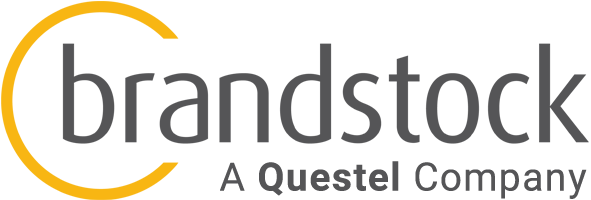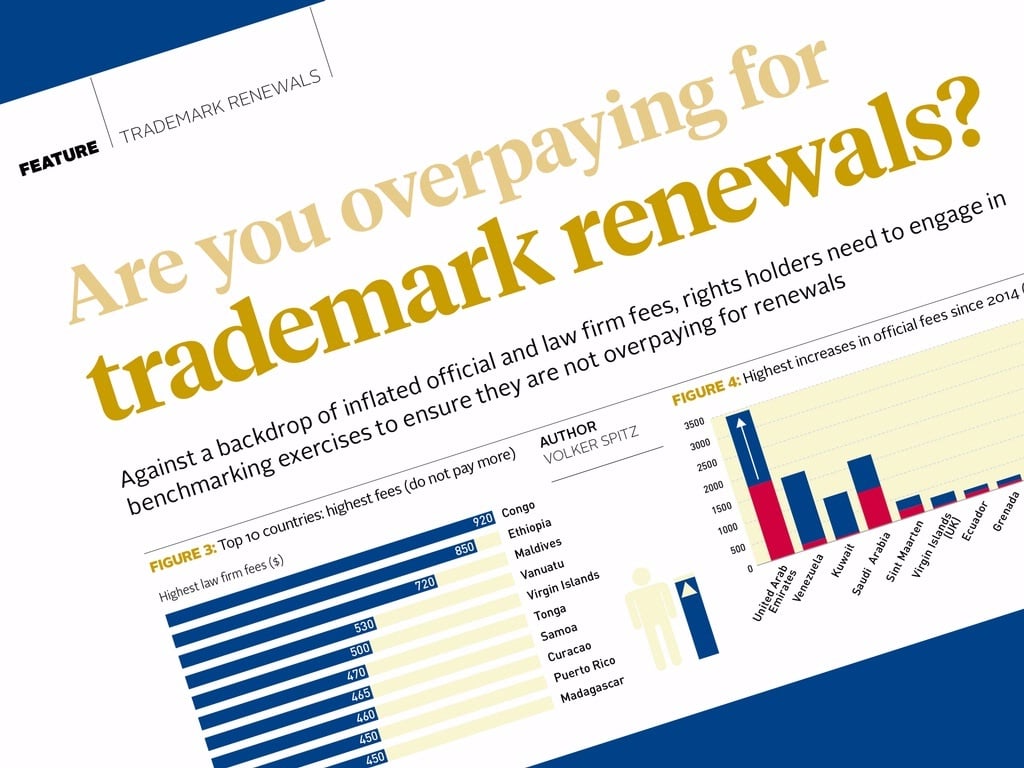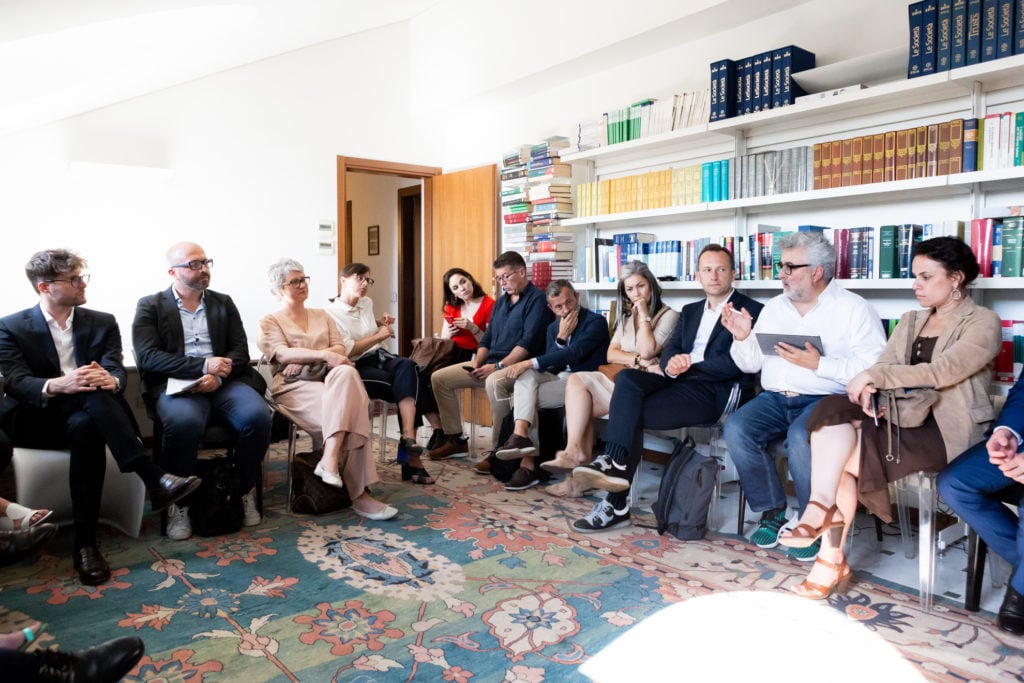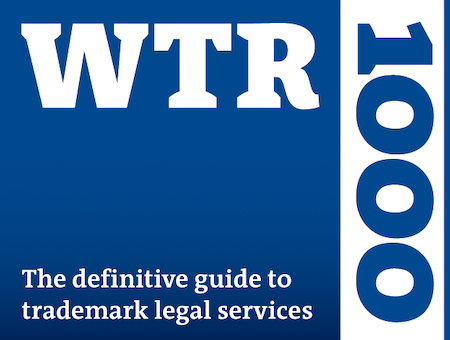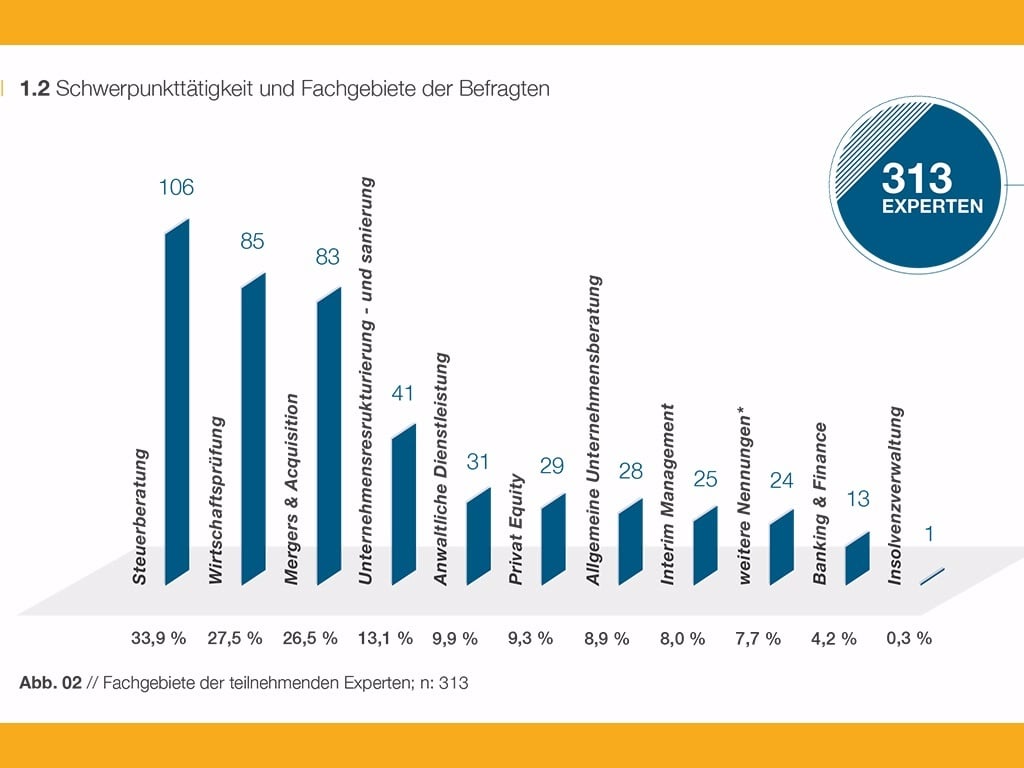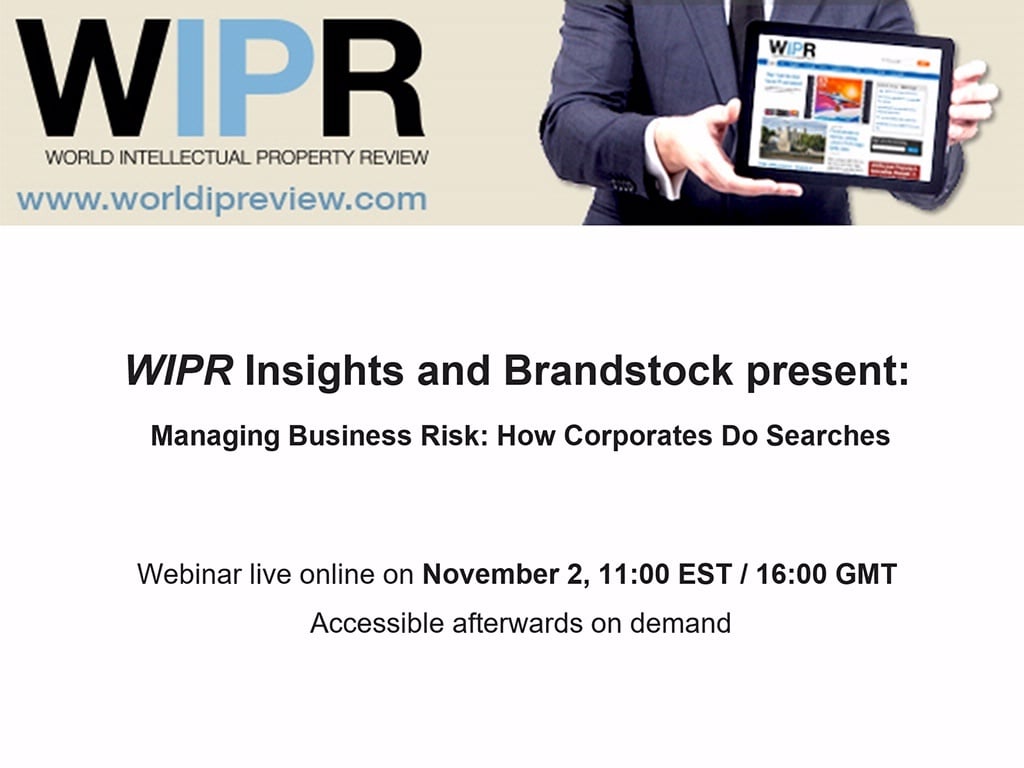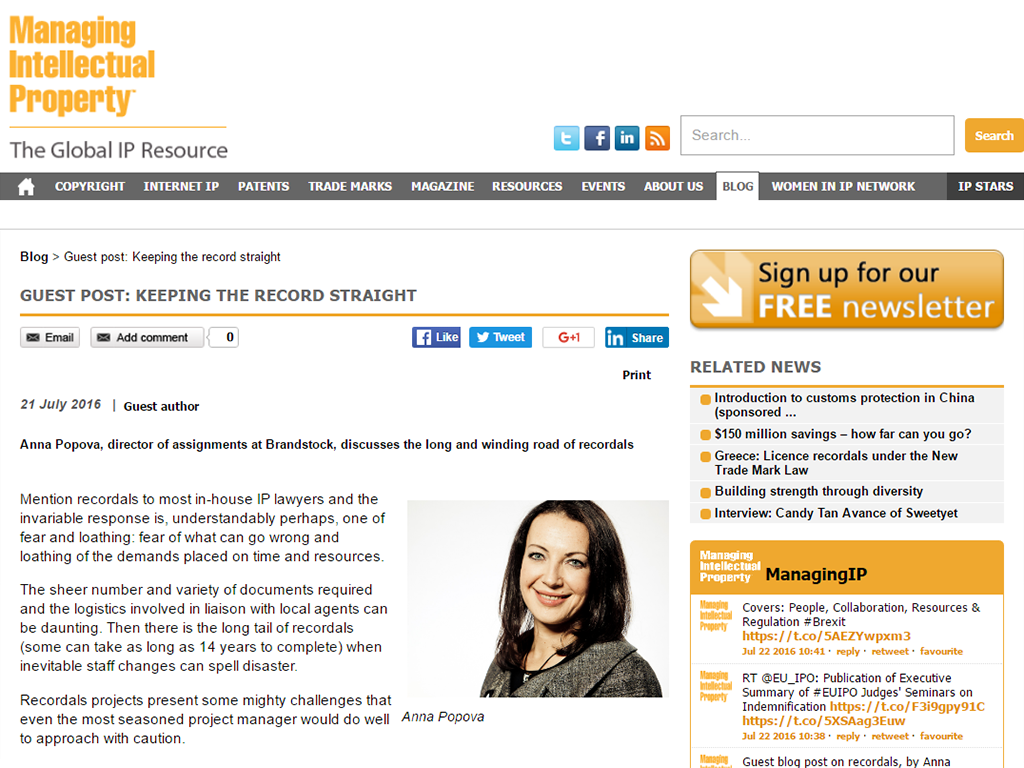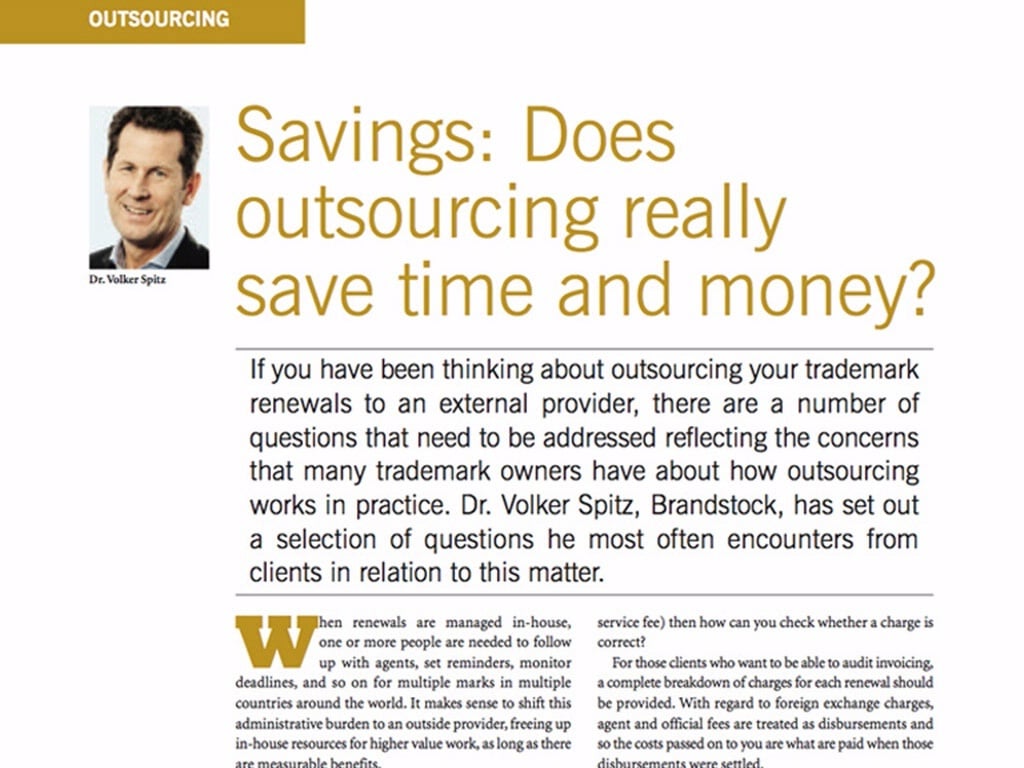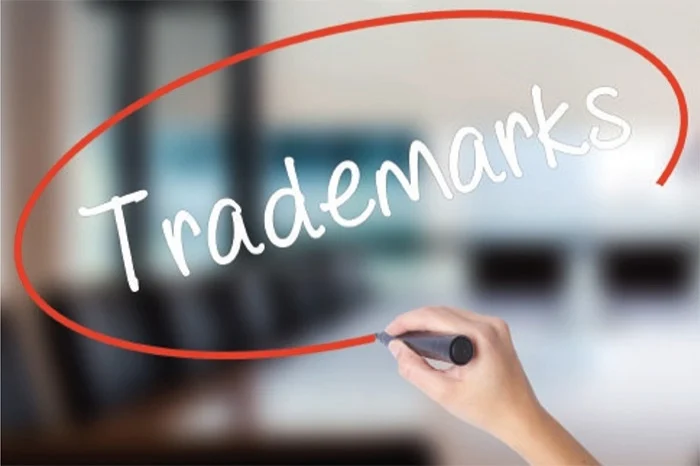Mastering relationships is the key to lasting success
Guest article by Peter Rouse, Director of Patent Annuity Costs Limited, Consultant and Author
In 2005, after spending some 25 years in and around the Law (and IP), I set about writing down what I had learned and valued most.
What emerged as of central importance in my career and for the firm I created was relationships; with colleagues, clients and indeed anyone I dealt with in the course of practice and business. The ABA published ‘Every Relationship Matters’ in 2007 and a 2nd edition was published this year; the same text is also available outside North America under the title ‘Fragile – Mastering the relationships that can make or break a career, and a firm’.
Our sector is underpinned by relationships that allow IP to reach into every country of the world, making it possible to navigate so many legal and cultural differences. Some relationships between firms have been maintained across generations. Such relationships are traditionally sustained through reciprocity and above all trust, built over time, that one can rely on the other to get the job done and, when necessary, go the extra mile. Communication is paramount as we strive to meet ever more demanding performance expectations from clients, including intermediaries, who demand greater transparency, especially over fees, and are less tolerant of poor service.
Service is not just something you do. It is also, and perhaps most importantly in terms of perceived performance and the likelihood of repeat business, an experience. Service experience is also much more than providing fancy meeting rooms and serving good coffee. A client has a right to expect a lawyer to get the law right; what makes the difference is how well-served the client feels throughout the engagement, regardless of the outcome. Understanding and managing expectations is, I believe, the key to trust; and trust is key to success in retaining and building client relationships.
Another aspect of relationship that is of vital importance is that which we have with ourselves. We do well not to underestimate the pressures we place on ourselves, and are placed on us, to perform as professionals: to be ready at all times with the right answer; to deliver considered and properly articulated responses, usually in writing, to exacting deadlines; to be ‘always on’. To have a sustainable and successful career without losing touch with yourself along the way it is more essential than ever to become an expert in self-management.
Lawyers serve as a bridge between the complexities of law and the vagaries of their instructing clients who are, without exception, human. Until machines become sentient and acquire rights (and obligations) similar to those afforded to humans, decisions as to how to proceed in any legal matter will be determined by human factors including emotionality. The importance of Emotional intelligence (EI) in business is well-established; however, it is AI that is getting all the attention, and the money.
EI is altogether harder for lawyers than AI as it is something that they must develop within themselves. It cannot be externalised, delegated or outsourced. It requires skills that are not taught in Law Schools and a degree of self-awareness and empathy that lawyers are not renowned for. EI is the stuff of relationships that attract, retain and refer business and talent. EI, for those who have it, is the key to success for themselves and the firms they work in.
The future will indeed look bleak for lawyers who see their expertise as centred in knowing law and regulation as the pace of AI accelerates and the cost comes down. Smart lawyers will recognise that their future security and earning capacity rests in their ability to counsel their clients with sensitivity to their very human concerns and drives, providing something that robotic and largely scripted interactions will, I like to think, never quite achieve.
The focus of my book is on learning about effectiveness in relationships on behalf of your business, for yourself and for the organization. This is the new field of advantage and one that offers longer-lasting success in business and quality in life. Given the rapid development of AI and its ability to handle work that would once have been done by secretaries, paralegals, and, before long, lawyers, surely it makes sense to focus on what sets us apart from computer intelligence…
Do you want to read more?
The audio book is available on Audible.
For US/Canada: “Every Relationship Matters – Using the Power of Relationships to Transform Your Business, Your Firm, and Yourself”
You can get a 20% discount code on ABA website for the print version using the following promo-code: ERMBRAND20
Rest of the World: “Fragile – Mastering the relationships that can make or break a career, and firm”
The print copy can be ordered on Amazon. It can also be ordered on Createspace with a 50% discount code: WD3M5RJG
The Kindle version is available on Amazon.
About the author:Peter Rouse began his law career in the UK in 1978. His career path took him from small provincial firms; to major London firms including what is now Hogan Lovells; to Asia with Baker & McKenzie; to founding and building the ‘Rouse’ international IP firm; to legal services and technology innovation and his present active consulting practice.
